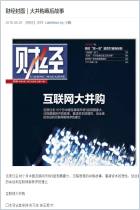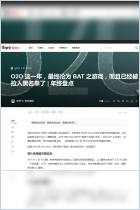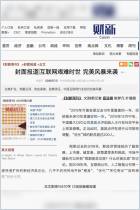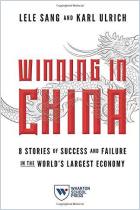
Article
China’s Economic Downturn Has ByteDance, Meituan, and Didi Operating in Survival Mode
Late Post,
2019
Read offline
áudio gerado automaticamente
1×
Faça o Login para ouvir o resumo em áudio.
áudio gerado automaticamente
Recommendation
In China’s internet industry, Baidu, Alibaba and Tencent are leading the race, but up until 2018, ByteDance, Meituan-Dianping and Didi Chuxing were in hot pursuit. However, as China’s economic sluggishness persists in 2019, the survival of the latter three is in jeopardy. This article examines why, points out the strengths and weaknesses of the companies in their current states, and investigates the companies’ strategies.
Summary
About the Authors
Zhang Jun and Fang Gong Yi Liu are writers for LatePost, a joint WeChat account of finance news media Caijing and LateNews, a blog by prominent journalists.
By the same authors
Learners who read this summary also read
Book





















Comment on this summary or Iniciar a Discussão